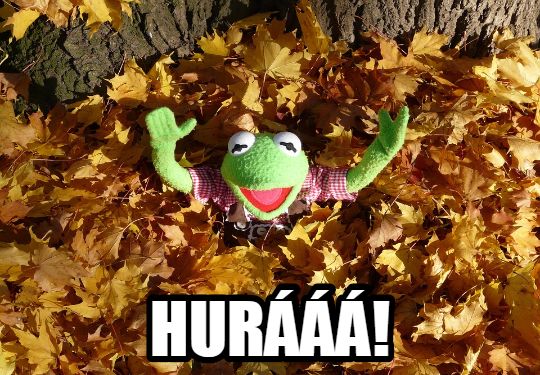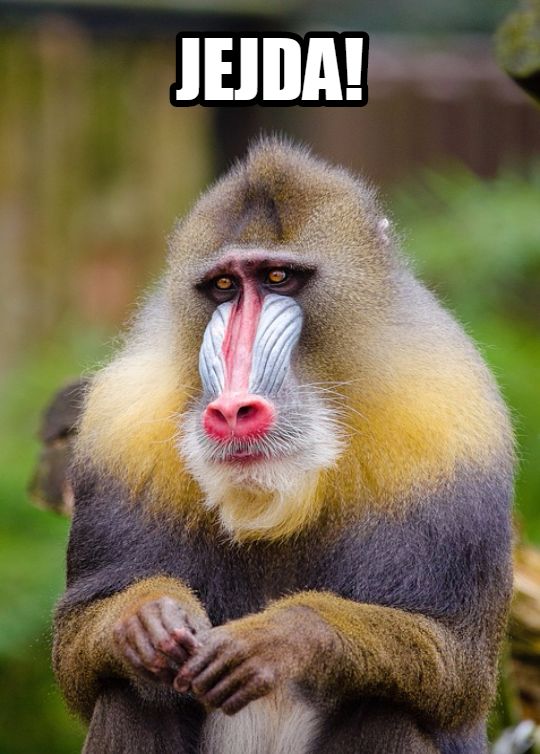2.6 – mít ACC plural forms (family members)
In the previous lesson we learned the singular forms, so you could say things like Jan has a brother, Marie has a cousin, etc. That’s all fine and good, except people often have more than one brother, cousin, etc.
The following forms are useful in the plural:
Accusative Plural Forms
|
|
MA |
MI |
F |
N |
|
Hard stem |
-y bratry
Nom. pl. bratři Acc. pl. bratry |
-y batohy
Nom. pl. batohy Acc. pl. batohy (i.e. no change) |
-y sestry
Nom. pl. sestry Acc. pl. sestry |
-a piva
Nom. pl. piva Acc. pl. piva |
|
Soft stem |
-e synovce
Nom. pl. synovci Acc. pl. synovce |
-e počítače
Nom. pl. počítače Acc. pl. počítače (i.e. no change) |
-e sestřenice neteře
-i věci
Nom. pl. sestřenice, neteře, věci Acc. pl. sestřenice, neteře, věci
|
-e moře
-í náměstí
Nom. pl. moře, náměstí Acc. pl. moře, náměstí |
Each box has a comparison of the Nominative plural and the Accusative plural. The highlighted forms in the Masculine animate should be a bit of good news. This is the only place where nominative pl. and acc. pl. will differ.
Examples:
Máte bratry nebo sestry?
Do you have brothers or sisters?
Už nemám dědečky, ale mám jednu babičku.
I no longer have grandfathers, but I have one grandmother.
You might also want to say how many relatives, dogs, cats, etc. you have. You can combine these with numbers dva/dvě, tři, čtyři:
Petr má dva bratry.
Petr has two brothers.
Lukáš má dvě sestry.
Lukáš has two sisters.
Já mám čtyři tety.
I have four aunts.
However, for now let’s not try to say anything 5 because that’ll need some extra forms.
jejda means ‘oh dear!’
Images used in this document come from these sources.

